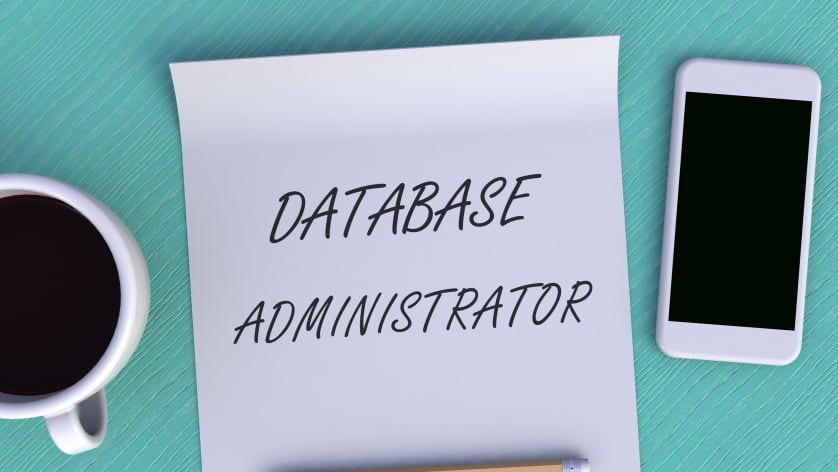Developer Recruiting Guide: “Database Administrator”

The “Database Administrator” role is mostly about data, especially databases. A database administrator may be responsible for designing databases and data schemas, as well as installing and maintaining databases. Many of these roles also include operational and low-level work, such as setting up servers and managing backups, as well as more complex activities such as ongoing performance optimization.
Unlike many other technical roles, certifications actually matter here, or at least can help determine the expertise of a database specialist.
Most database specialists tend to specialize in a particular type of database (e.g. Oracle, Microsoft SQL Server, MySQL). However, it is also possible to hire a database administrator who can navigate different types of databases.
NoSQL are still newer and require extensive system knowledge. In many organizations, NoSQL databases are managed by software developers or DevOps.
To recruit the role of “Database Administrator”, we have prepared four appropriate interview questions:
What is a database?
While this is a very rudimentary question, it can be a good place to start since “database” is a very generic term. You can even ask the candidates about the different types of databases and the criteria for choosing a specific one.
What types of databases have you worked with before?
There are many types of database infrastructure. With the question you want to check whether the potential new database specialist meets the requirements you are looking for. Also ask about the different experiences with the respective databases.
How do you develop a new schema for a database? What works well and what doesn't?
Look for a thoughtful process, ideally one that focuses on truly understanding user needs.
How would you deal with data loss during a database migration?
Data loss is a high-pressure situation for a database administrator, especially when a migration project falls behind schedule. This question allows you to determine how the candidate handles stress and what disaster recovery plan they would use.


















